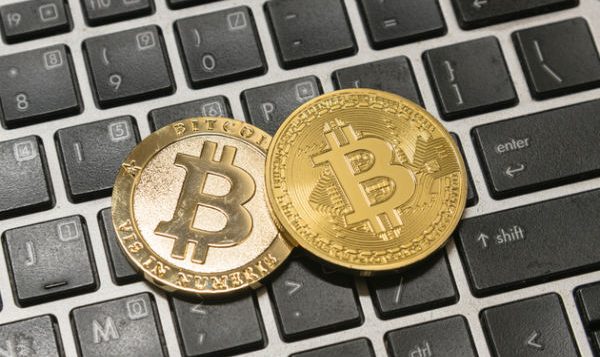About three years ago, when I consulted on the development of an oil-backed cryptocurrency — one of the biggest issues we faced was that almost no bank in New York would open a bank account for a cryptocurrency company.
Since then, what was just a market led by Bitcoin has exploded to hundreds of Altcoins (alternatives to Bitcoin) that are traded on a number of exchanges globally. Within the U.S., the bulk of those transactions for U.S. users are executed on a platform called Coinbase.
Why? Coinbase has spent the money necessary over the past few years to be legally allowed by most states in the U.S. to allow users to invest in cryptocurrencies.
As Coinbase’s userbase has grown, spreading to small, non-traditional investors across the U.S. — bartenders, students and techies — this has created tens of thousands of crypto-millionaires as Bitcoin, Ethereum, and Litecoin surged in prices this fall. At 16,000 per bitcoin, $800 per Ethereum and $325 per Litecoin, attention is being paid — globally.
Is Currency or Security
While Bitcoin and Altcoins were able to grow in value and market capitalization, the SEC and other regulatory bodies kept shy of the discussion — only stepping in to comment on the new and volatile ICO (Independent Coin Offering) market. ICOs are a way for new companies to issue tokens to raise money. The token is treated much like a stock. Yet, unlike shares of stock, it exists to allow users and developers to build applications. As its tax classification — like cryptocurrencies — is unclear, ICOs that have their tokens defined as a utility have been allowed investments. ICOs that defines returns or increases in market value have been pulled and received SEC censure.
The Taxman Cometh
Earlier this month, the IRS stepped into the mix, requesting Coinbase to disclose all of it’s users. That move and the rather quizzical state of the banking industry, as on how to deal with cryptocurrencies, seems to be coming to a head.
Banking Changes and Proxy Regulation Impacts
Yesterday on a Facebook Ethereum discussion group — Jordan Spencer, a cryptocurrency investor, posted a letter, received by certified mail, stating that Lakestone Savings and Loan in Michigan would no longer allow him to hold accounts, should he continue to use Coinbase. When contacted, Jordan noted that, “His only options are to look to credit unions,” as other banks within his area noted that they would not allow crypto investing through Coinbase. This policy change could potentially be due to the IRS’s new standing; the market’s lack of clarity on whether cryptocurrencies are a currency or a security and what their long term impacts could be.
James Phillips, an Ambassador for the Digibyte Foundation also shared a certified letter from US Bank. However in James’ case he was told that he had about 45 days to remove all funds from their bank and that his accounts would be terminated. US Bank’s move came in October of this year and was also tied to referenced the “Deposit Account Agreement General Terms and Conditions.”
Policy as de Facto Regulation
While these banking changes haven’t been seen universally — de-authorizing users and taking pre-emptive policy steps against cryptocurrency investment shows that Banks aren’t exactly sure what to do with casual crypto-investors to new crypto-millionaires (consider that anyone who bought 200 or more coins at $200 or less now has at least $4 million in Bitcoin). Further, as the cryptocurrency ecosystem develops and proliferates — the rapid development of several billion to several trillion dollars of value stands to disrupt a large number of traditional systems, as we know them.
Coinbase and the crypto community face looming regulatory hurdles and the impact of potential SEC regulation, international regulation and potential legal action halting or disrupting sales. Banking moves to limit their potential exposure are predictable — however one thing that credit unions and banks open to cryptocurrency holders should be aware of — there are billions in new currencies that the next generation of investors won’t be looking to wealth advisers for solutions on.
Read more at:
https://www.newsmax.com/ozsultan/coinbase-litecoin-sec/2017/12/21/id/833113/







